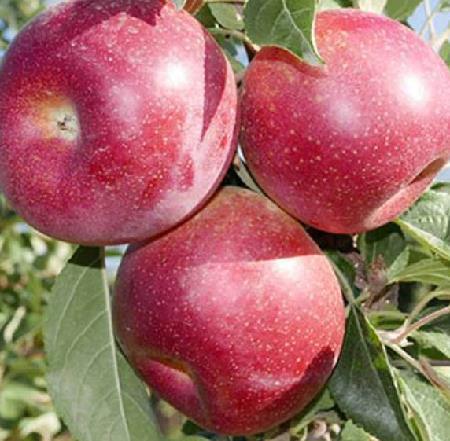New Zealand apple production will be more sustainable
New Zealand
Monday 30 May 2022
FJ
The project aims to create innovative solutions to reduce and eliminate the use and spraying of agrochemicals (Photo: nzherald.co.nz).
New Zealand has just launched a new program that aims to reduce pesticide application by 50% by 2030 through the use of targeted technologies and new apple varieties.
This project is the largest ever undertaken by the New Zealand sector. It is a 7-year research program, estimated at 14.77 million NZD (9.6 million USD) which is led by NZAPI (New Zealand Apples and Pears Inc) and co-financed by the government through the SFF future fund. (Sustainable Food and Fiber Futures) from the Ministry of Primary Industries with 7.44 million NZD (4.8 million USD), the rest being funded by industry.
The program aims to reduce pesticide application by 50% by 2030 through the use of targeted technologies such as remote sensing to detect pests and diseases in real time, enabling early intervention without spraying. "New apple varieties, already bred to be resistant to pests and diseases, will be key to achieving the zero spraying goal," said program manager Dr Rachel Kilmister.
One of the objectives of this program is to achieve spray-free status by 2050, which would lead to a reduction of at least 35% in the sector's greenhouse gas emissions.
source : applesandpears.nz





